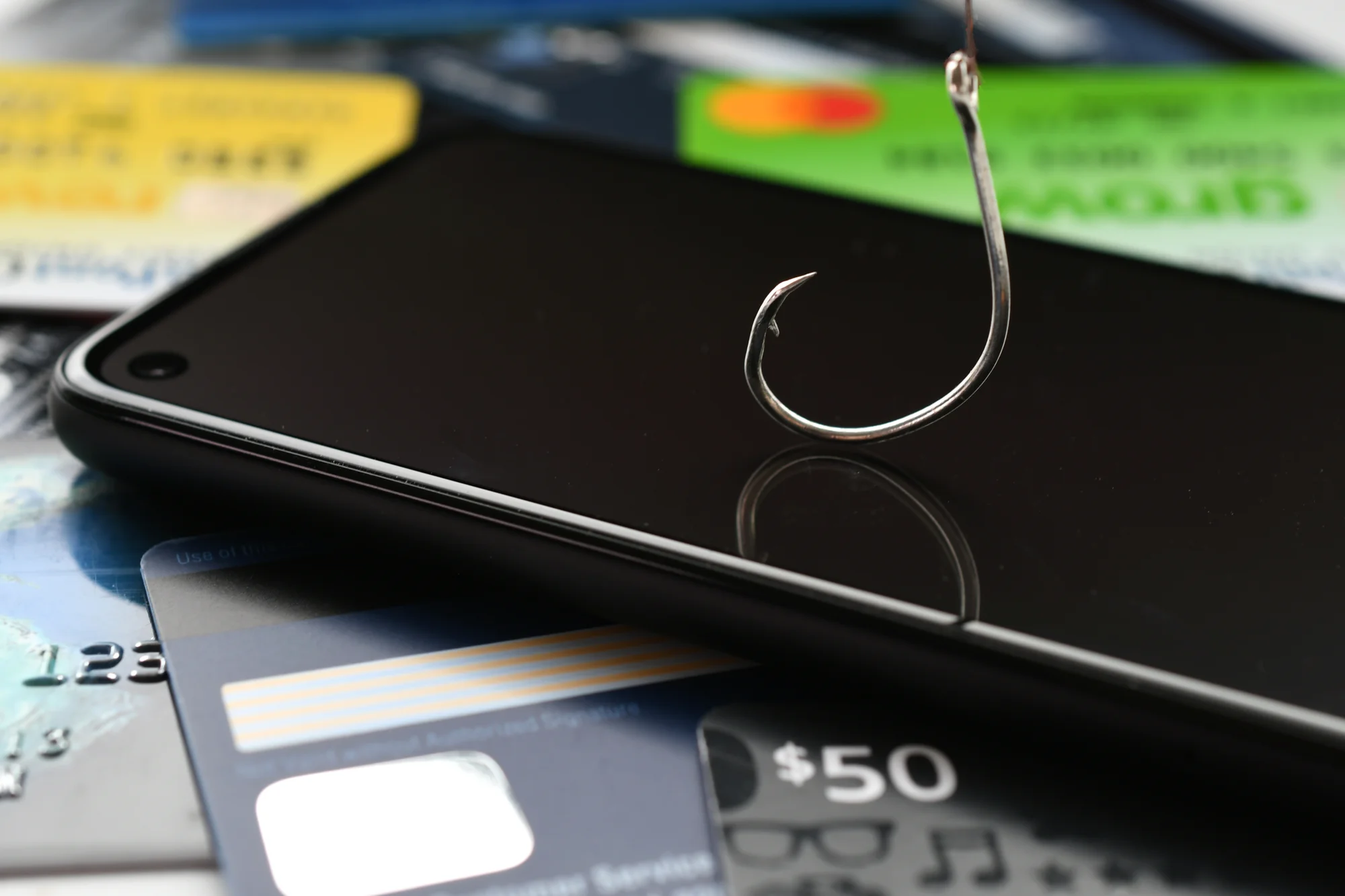
The Most Common Credit Card Fraud Abroad. How To Avoid Them?
Card fraud is unfortunately becoming increasingly common, especially when travelling abroad. There are a few things you can do to protect yourself, but it’s important to be aware of the most common card frauds so that you can avoid them.
Value of card fraud abroad occurring in locations overseas on UK-issued cards in 2021 was £140.5 mln. Top five countries where fraud on UK-issued cards occurs are Ireland, Luxemburg, USA, Netherlands and Malta (source: UK FINANCE, ANNUAL FRAUD REPORT THE DEFINITIVE OVERVIEW OF PAYMENT INDUSTRY FRAUD IN 2021)

What are the most common scams?
When you are travelling abroad, there are a few different types of credit and debit card fraud that you may be vulnerable to:
'Card not present' fraud - this occurs when your card details are stolen and used to make purchases without your knowledge or consent;
Cash machine skimming is when criminals attach a device to the cash machine that captures your card information when you insert your card. They then use this information to create a copy of your card and withdraw money from your account;
Cloning (also knows as counterfeit card fraud) - this is when your debit card information is copied through its magnetic strip into another card and used without your permission;
Identity theft is when someone uses your personal information, such as your name, date of birth and address, to apply for a new credit or debit card in your name;
Phishing - when travelling abroad, you may receive a variety of text messages and emails informing you of telephone tariffs, local entertainment or places of interest. You may be encouraged to buy cheaper tickets online when you click on a link. This may turn out to be a scam designed to gain access to your personal details and debit card;
Theft - the deliberate creation of such situations among tourists in order to steal their cards;
ATM fraud - can involve charges being made to a card but no cash delivered, or where the physical card is skimmed. By inserting device into the card slot of a cash machine, criminals can prevent the card from being returned to its owner. To steal the PIN, they will use a camera attached to the machine and directed at the keypad or watch it being entered. Once the customer leaves, they remove their device along with the card and use it to withdraw money;
Shoulder surfing - a criminal technique for obtaining PINs by watching over the cardholder's shoulder while she enters her PIN into an ATM or card machine. The thief steals the card by using distraction tactics or pickpocketing.
What to do to protect yourself from card fraud while abroad?

Always keep your card in a safe and secure place;
In case of theft, never keep data such as PIN, online banking details, password in the same place as the card. Older people, in particular, write down such data on small pieces of paper which they put in their wallets in order not to forget. Sometimes they even write the PIN on the card with a marker! This is extremely irresponsible. Never do it. There are many thieves in tourist areas who are just waiting to steal your wallet or purse;
Always keep your rucksack or handbag in front, beware of fake crowds and people who approach you offering various souvenirs, tourist rides, offers. These are often scammers whose job is to divert your attention. Always remain extra cautious in these situations;
Keep cash withdrawals from ATMs to a minimum;
Even if you're usually the kind of person who always and everywhere pays by card, give up this habit for the holidays. What's more, remember to always have emergency cash, hidden in a safe place;
Only use credit cards at reputable businesses and when possible, pay with cash;
The best way to protect yourself from cash machines skimming is to be aware of what they look like and if anything looks suspicious, don’t use them. Also, cover your hand when you enter your PIN so that no one can see it.
Keep your cash in different places - not just in your wallet, and keep money in different accounts where possible. Try not to have too much money in the account linked to your card;
Keep an eye on your bank statements when you return home - if you notice any fraudulent transactions report them immediately;
If you have to pay by card, always do it in person. Never give your card to a third person, such as a waiter in a restaurant or when paying for something in a shop;
Make sure your savings are in a safe place and a possible card thief will not have access to your savings accounts;
If you rarely travel, it is also a good practice to inform your bank that you are leaving. Your bank will then not block your transactions and will probably not try to contact you. However, such opportunities are often exploited by fraudsters.

They may try to contact you by impersonating your bank. They may suggest strange transactions on your account and, in order to confirm them, they may want you to log into a mobile app or confirm your personal information, account details or card details. Never do this. If you get a call like this hang up, find the phone number online and call your bank yourself to check it out;
While these measures can help protect you from card fraud, the best defence is always awareness. Be aware of your surroundings and what's going on around you. If something doesn't feel right, trust your instincts and don't use your card.
What to do if you were scammed abroad?
If an unpleasant situation arises abroad and your card was lost or stolen, or someone makes a purchase on your account, the first thing you should do is contact your bank immediately and report the fraud, so they can launch a bank fraud investigation. Always use the verified numbers from the official website or correspondence.
It is also good practice to contact your credit card company to report fraud. The telephone number is usually written on the card, so it is a good idea to write it down beforehand and keep it in a safe place. Always report theft to the police, even abroad. In UK report it to Action Fraud at www.actionfraud.police.uk or by calling 0300 123 2040.
Credit card fraud is an unfortunate reality but by being aware of the risks and taking precautions, you can minimise the chances of becoming a victim. Safe travels!
Do you have any tips to avoid credit card fraud while traveling? Share them in the comments below!